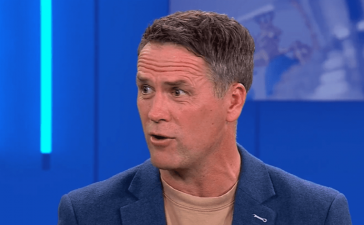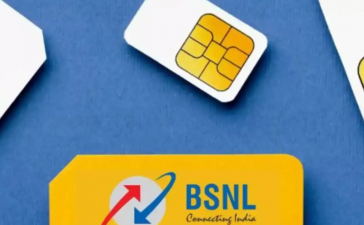HM Treasury says a digital pound is “likely to be needed” as more payments take place digitally, a consultation paper published today by HM Treasury and the Bank of England said. Under the scheme, Britons would have digital wallets to allow people to manage their balance and make payments in a similar way to current contactless payments.
The digital pound would be interchangeable with cash and bank deposits, working alongside cash.
The proposals are for the currency to be accessed through digital wallets which consumers could access through the private sector, via smartphones and smartcards.
The digital pound would be used for payments online or in-store, or to friends and family, rather than for savings, with no interest paid on the money.
Initial restrictions would be in place on how much an individual or business could hold in digital currency.
READ MORE: ‘A shambles!’ Pensioner hit by state pension shortfall after National Insurance error
The currency would be worth the same as cash, so £10 of a digital pound would be the same as £10 in cash.
If it were to go ahead, the digital money would be made widely available and would be convenient to use, and it would have the same level of privacy as a bank account.
It would be subject to privacy and data protection policies and neither the Government nor the Bank of England would have access to personal data.
No decision has been made on introducing the currency, with HM Treasury and the Bank of England recommending it may be needed in the future, in a consultation paper published today.
DON’T MISS:
Members of the public are invited to contribute their views on the plans and how they think it should develop.
The new scheme is intended to allow people to make payments more easily in an increasingly digital world.
Chancellor Jeremy Hunt said: “While cash is here to stay, a digital pound issued and backed by the Bank of England could be a new way to pay that’s trusted, accessible and easy to use.
“That’s why we want to investigate what is possible first, whilst always making sure we protect financial stability.”
READ MORE: Premium Bonds saver dispels common myth as she wins £1,050 in February draw
Governor of the Bank of England, Andrew Bailey, said the case for the digital pounds “continues to grow”.
He explained: “A digital pound would provide a new way to pay, help businesses, maintain trust in money and better protect financial stability.
“However, there are a number of implications which our technical work will need to carefully consider.
“This consultation and the further work the Bank will now do will be the foundation for what would be a profound decision for the country on the way we use money.”
Countries around the world are considering bringing in digital currencies, including members of the Eurozone, the US and China.
The digital pound would be backed by the Bank of England, unlike cryptoassets and stablecoins. Separate legislation is coming in to protect access to cash.
Being backed by the central authority means it will have “intrinsic value and not be volatile”, the Treasury said.
Designers are considering the needs of vulnerable Britons as they look at ways to make the digital currency simple to use.
A decision on whether to bring in the scheme will be taken around the middle of this decade. The earliest stage at which the currency would be brought in is the second half of this decade.











